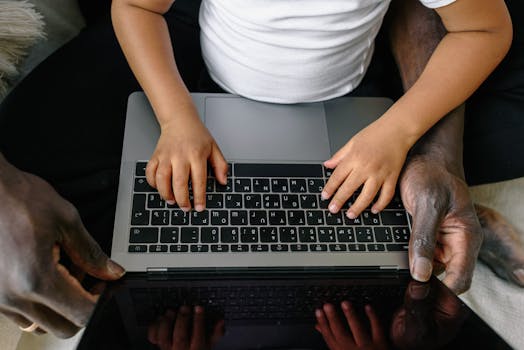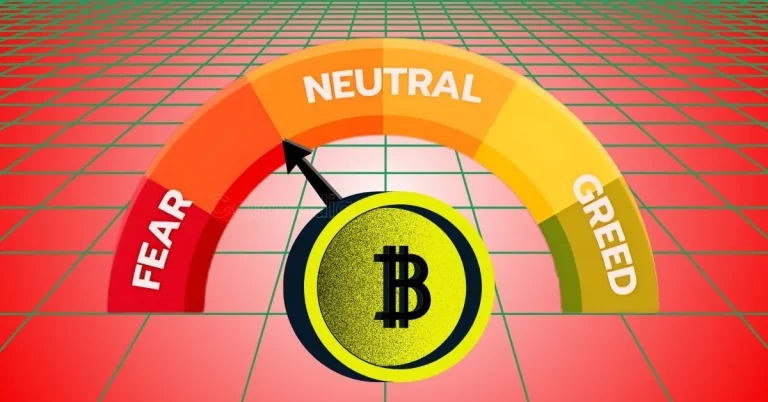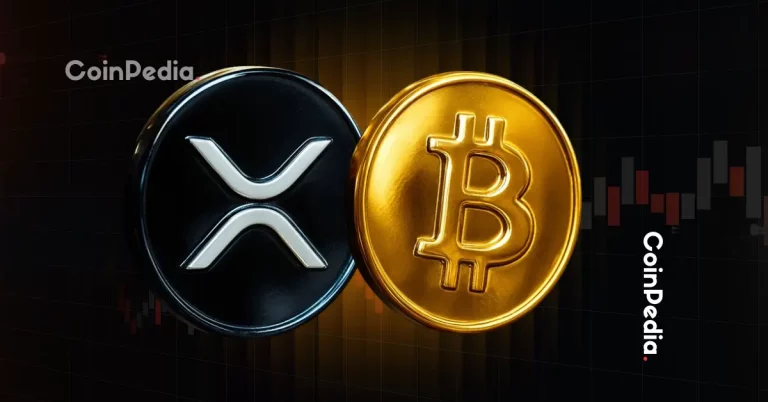
Introduction
The future of education is a topic of great importance as we approach 2025. With rapid advancements in technology and changing societal needs, the landscape of education is evolving. This article delves into the key trends and predictions shaping the future of education.
1. Technology Integration
One of the most significant changes in education by 2025 will be the increased integration of technology. Virtual reality, augmented reality, and artificial intelligence are set to play pivotal roles in enhancing the learning experience.
1.1 Virtual Reality in Classrooms
Virtual reality (VR) will allow students to immerse themselves in interactive learning environments. For example, history lessons can take students back in time to experience events firsthand.
1.2 Artificial Intelligence Tutors
AI-powered tutors will provide personalized assistance to students, catering to their individual learning paces and styles. This will help bridge gaps in understanding and enhance overall performance.
2. Personalized Learning
The traditional one-size-fits-all approach to education is fading. By 2025, personalized learning will be at the forefront, tailoring educational experiences to meet the unique needs of each student.
2.1 Learning Analytics
Data analytics will play a crucial role in monitoring student progress and adapting curricula in real time. Educators will have access to insights that help them identify areas where students excel or struggle.
2.2 Student-Centered Learning
Students will take a more active role in their education, choosing topics that interest them and collaborating with peers to solve problems. This shift will foster a love for learning and critical thinking skills.
3. New Teaching Methodologies
As we look to 2025, teaching methodologies will also evolve. Traditional lecture-based formats will be replaced by more interactive and engaging strategies.
3.1 Project-Based Learning
Project-based learning (PBL) encourages students to work on real-world projects, developing practical skills and knowledge. This hands-on approach will better prepare students for future careers.
3.2 Flipped Classrooms
In flipped classrooms, students learn new content at home through videos and online resources, while class time is dedicated to discussions and practical applications. This method promotes deeper understanding and collaboration among students.
4. Global Connectivity
The classroom of 2025 will be more connected than ever before. Global collaboration and communication will enhance learning opportunities and cultural exchange.
4.1 Online Collaboration Tools
Tools like Google Classroom and Microsoft Teams will facilitate group projects across borders, allowing students to work together regardless of their location.
4.2 Cultural Exchange Programs
Virtual exchange programs will provide students with opportunities to engage with peers from different cultures, fostering empathy and global citizenship.
Conclusion
The future of education by 2025 holds immense potential for transformation. With technology integration, personalized learning, and innovative teaching methodologies, education will become more engaging and effective. Preparing students for an ever-changing world requires a commitment to embracing these changes and ensuring that all learners have the resources they need to succeed.






